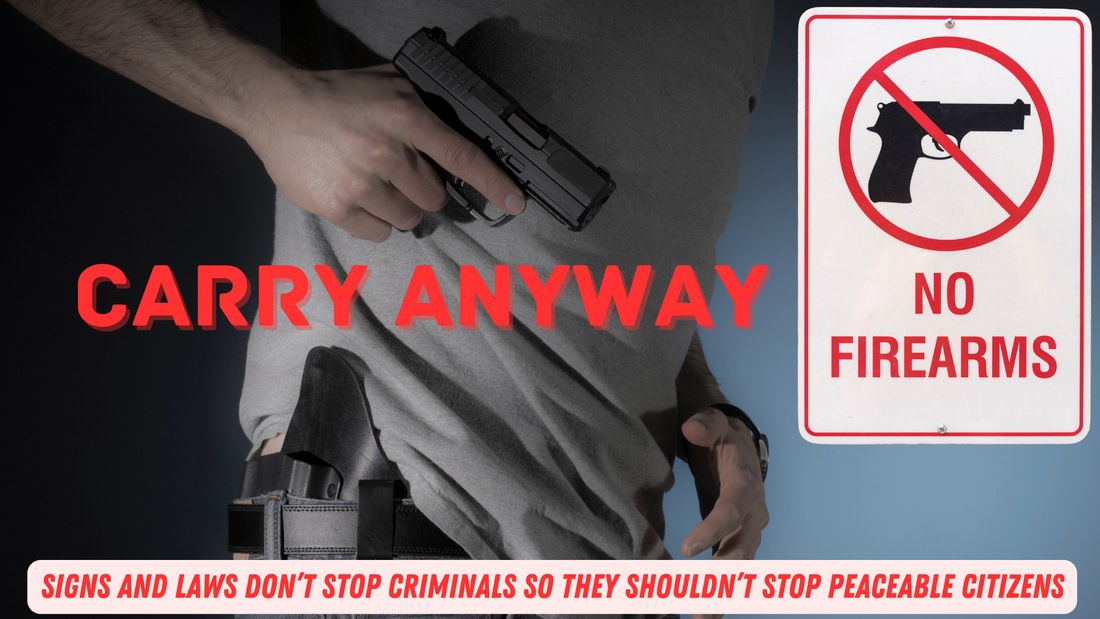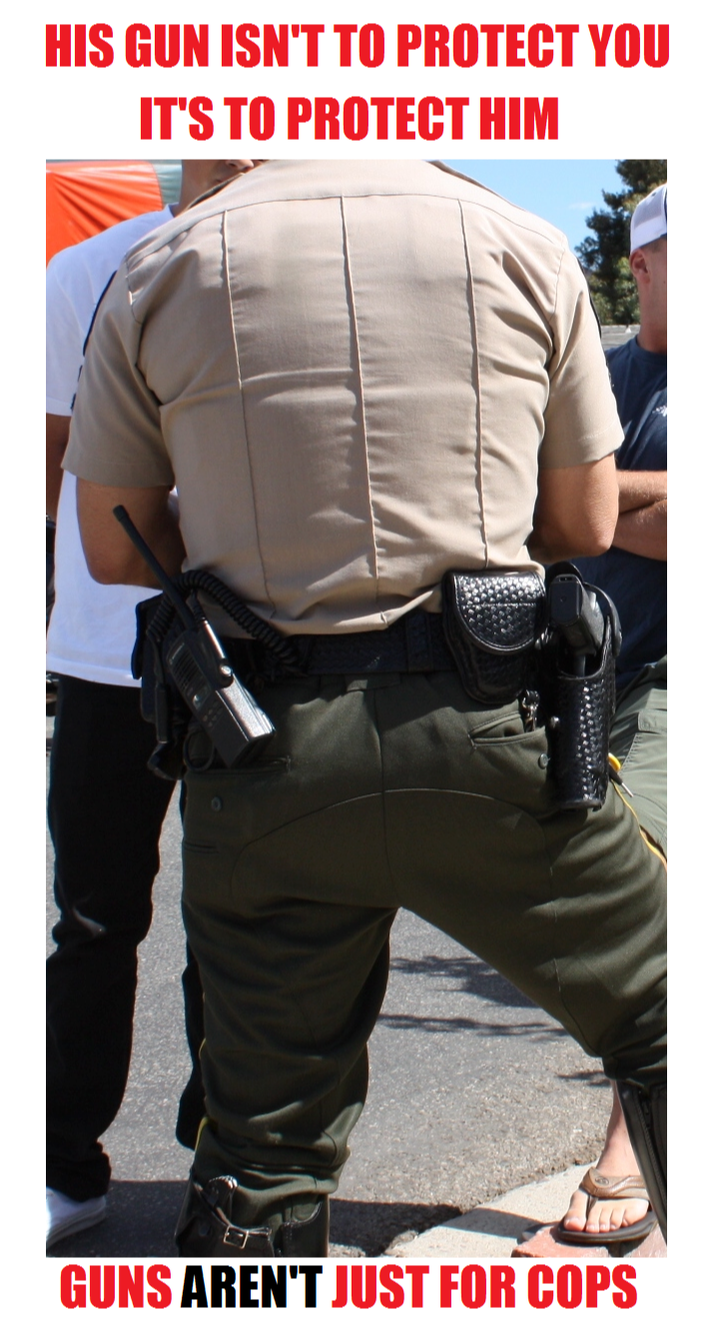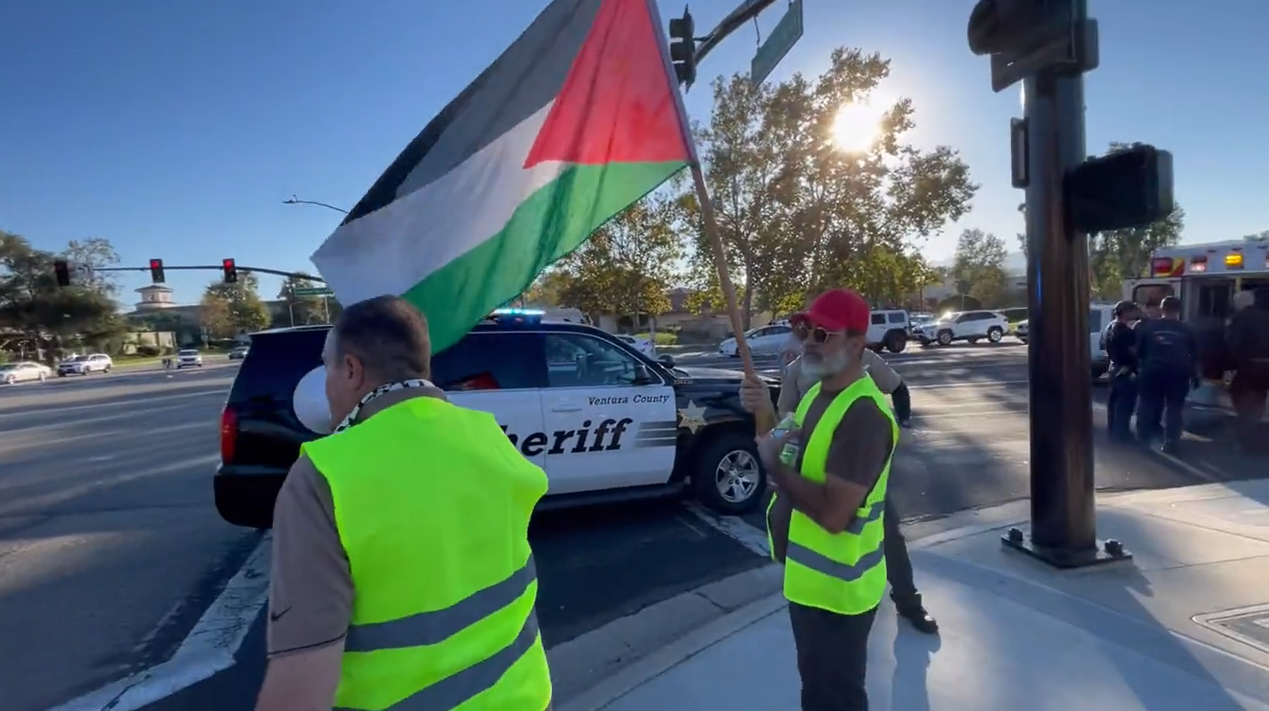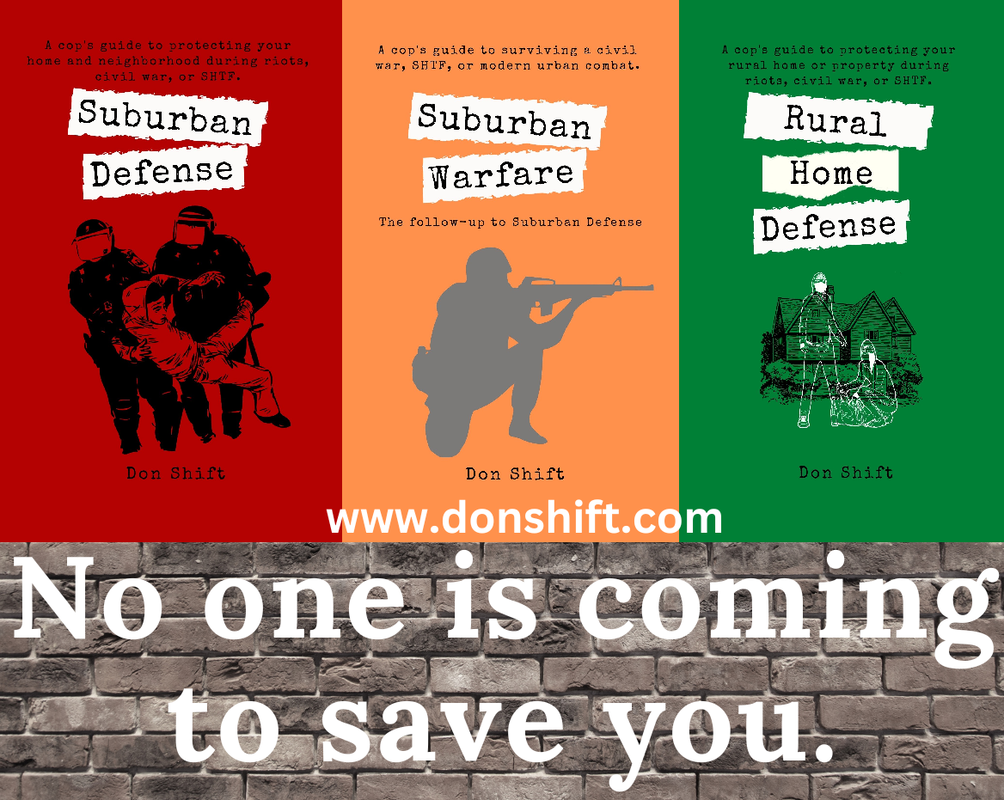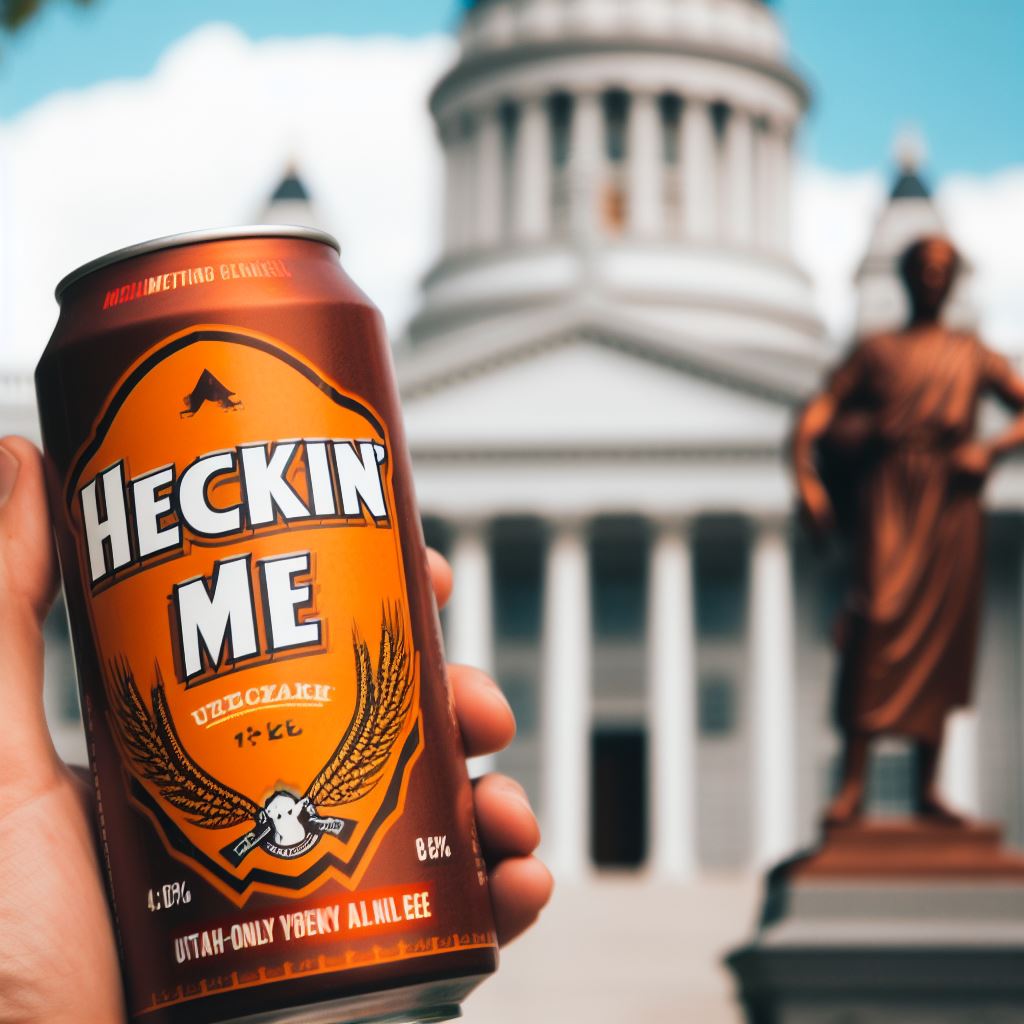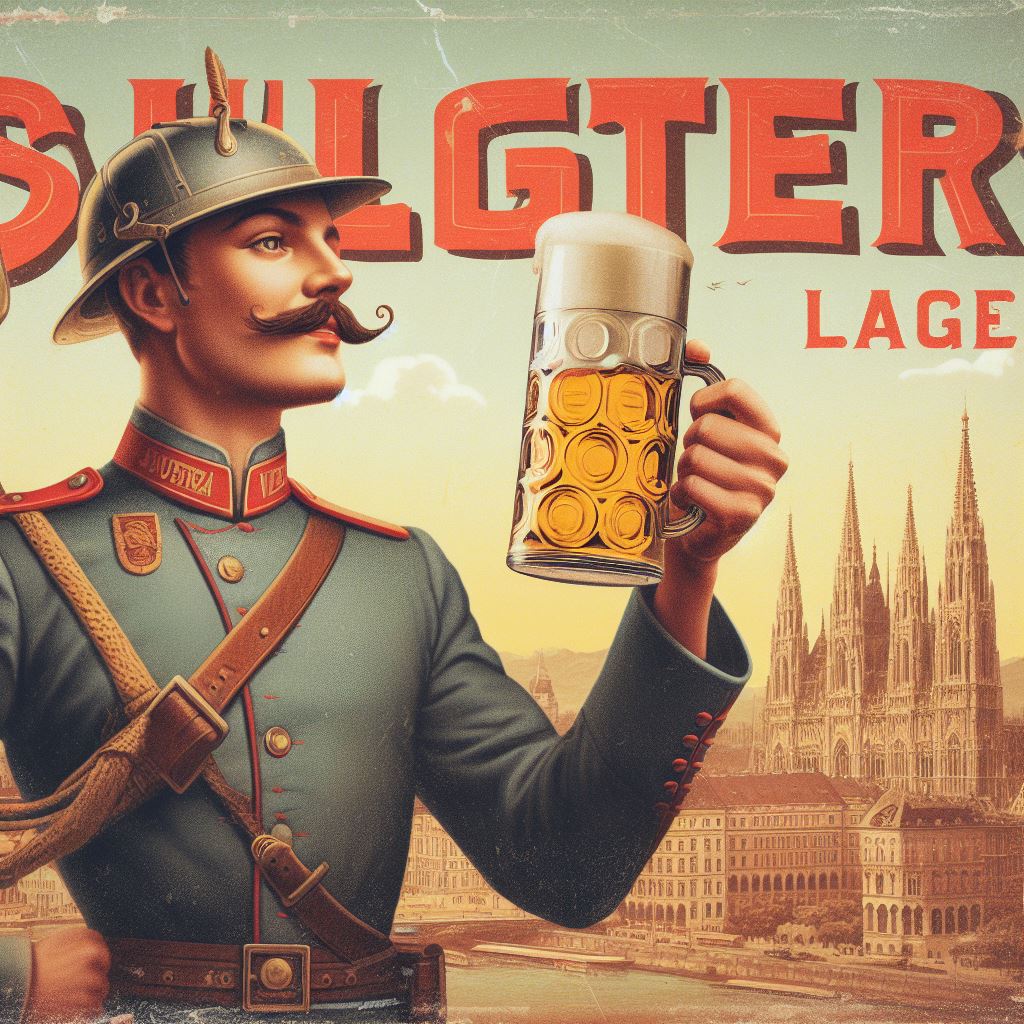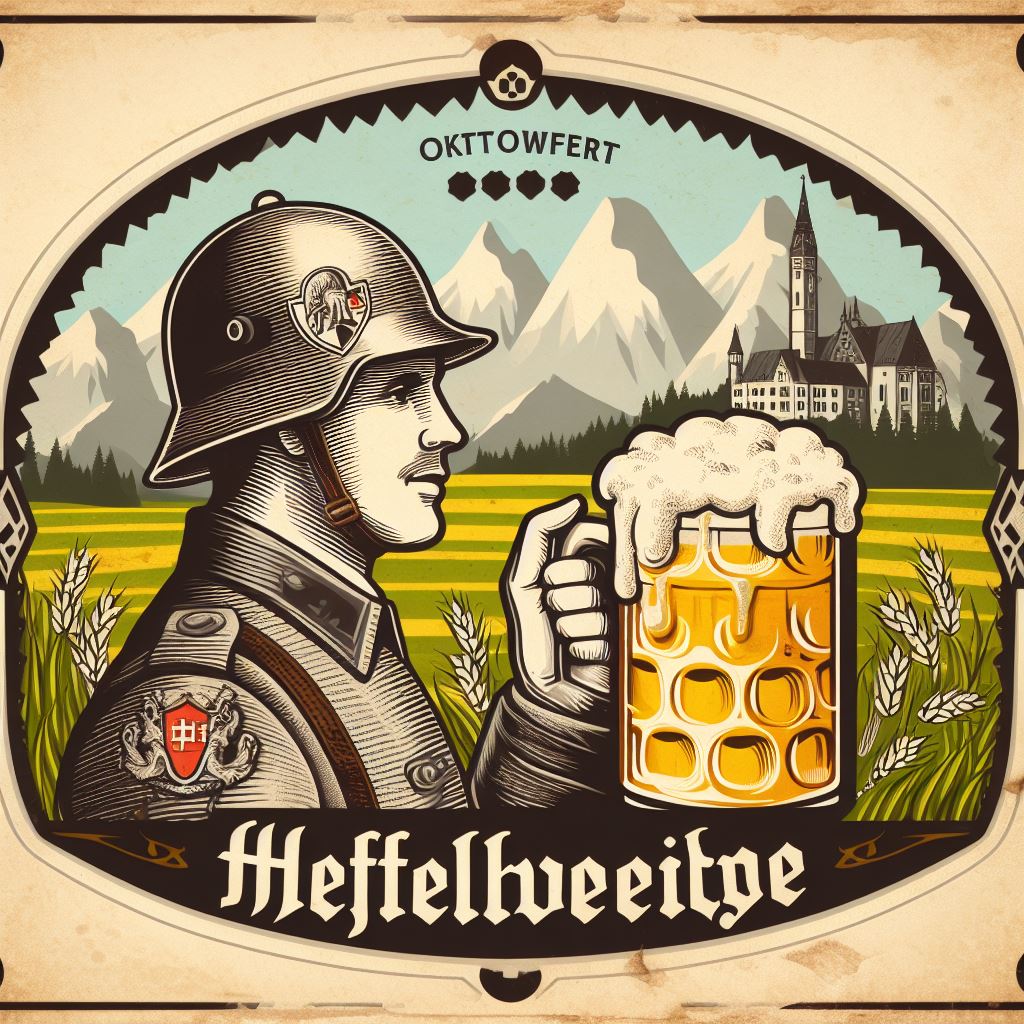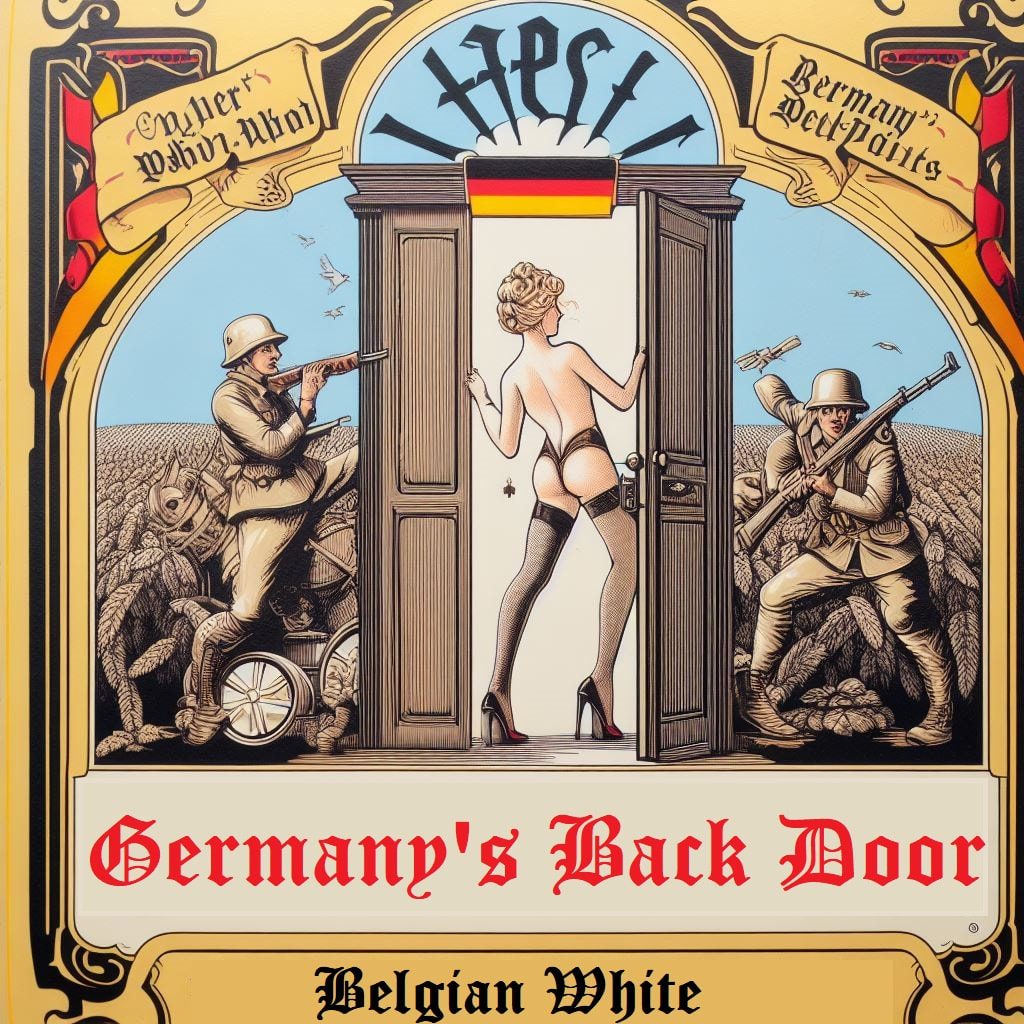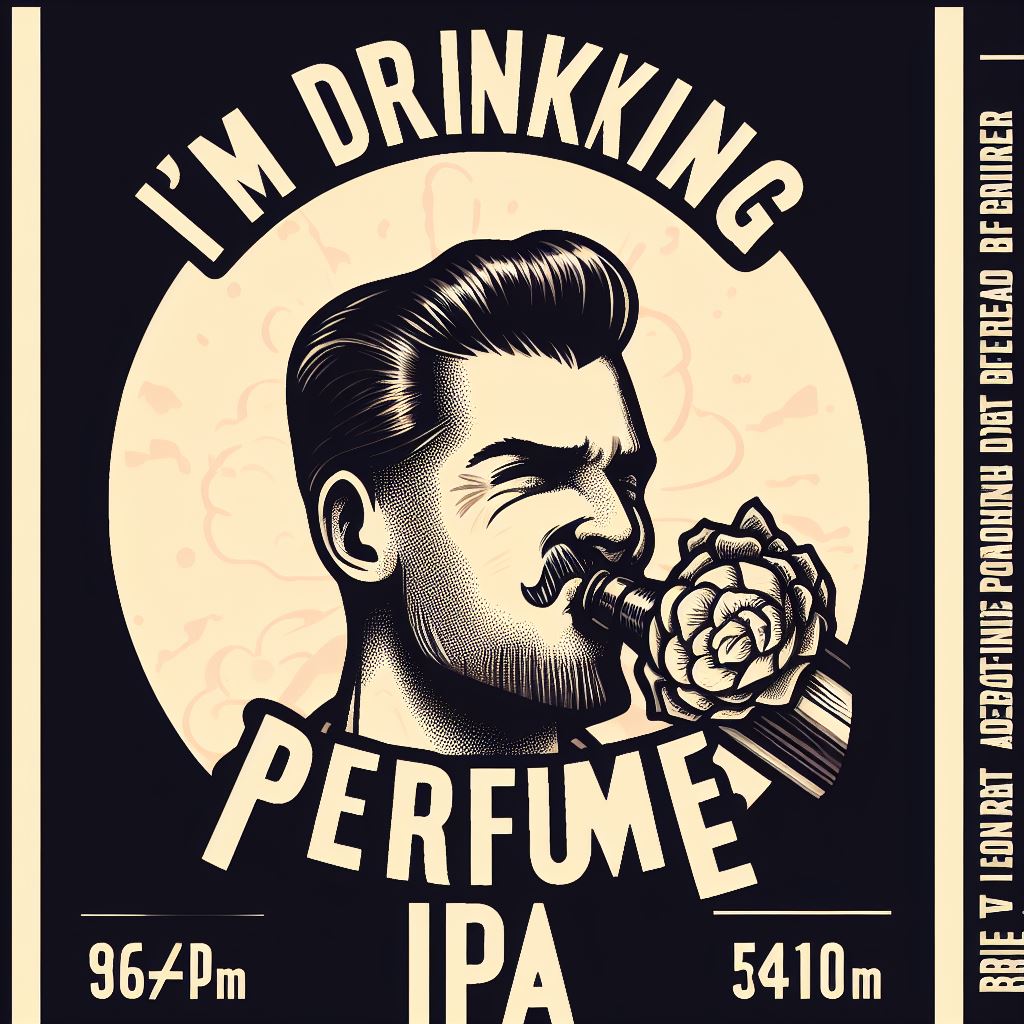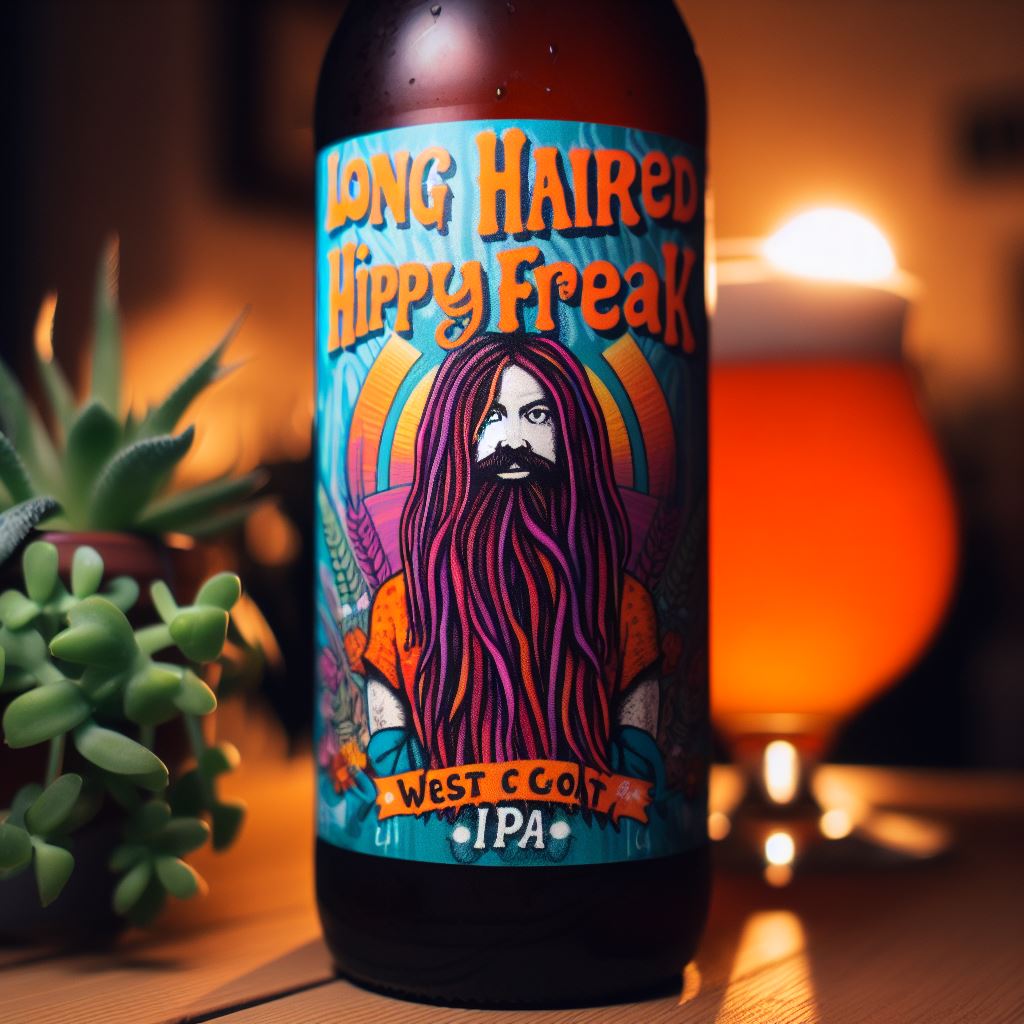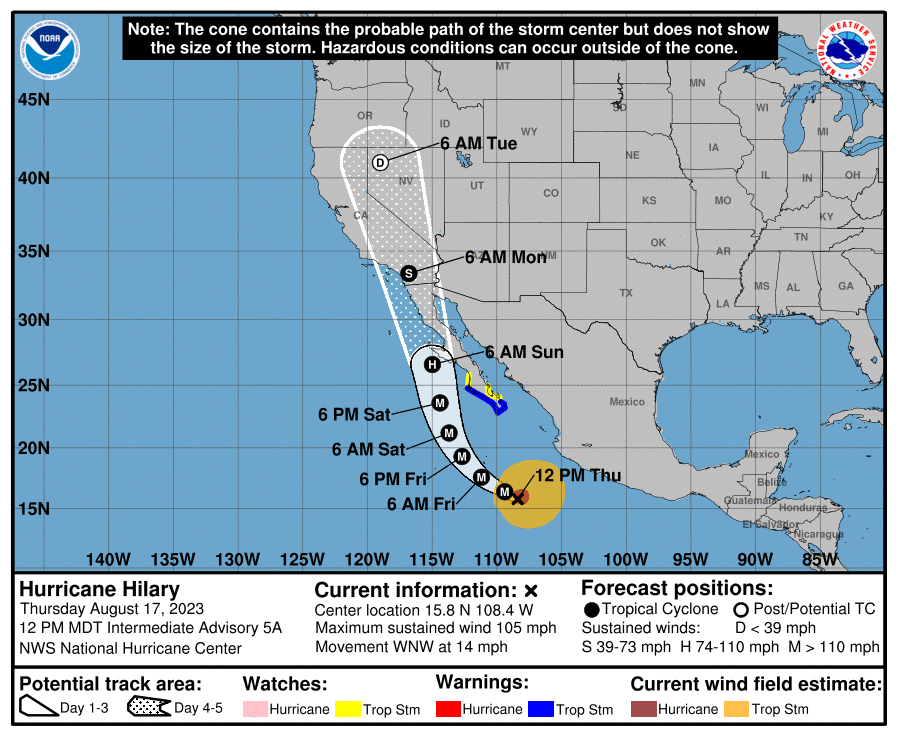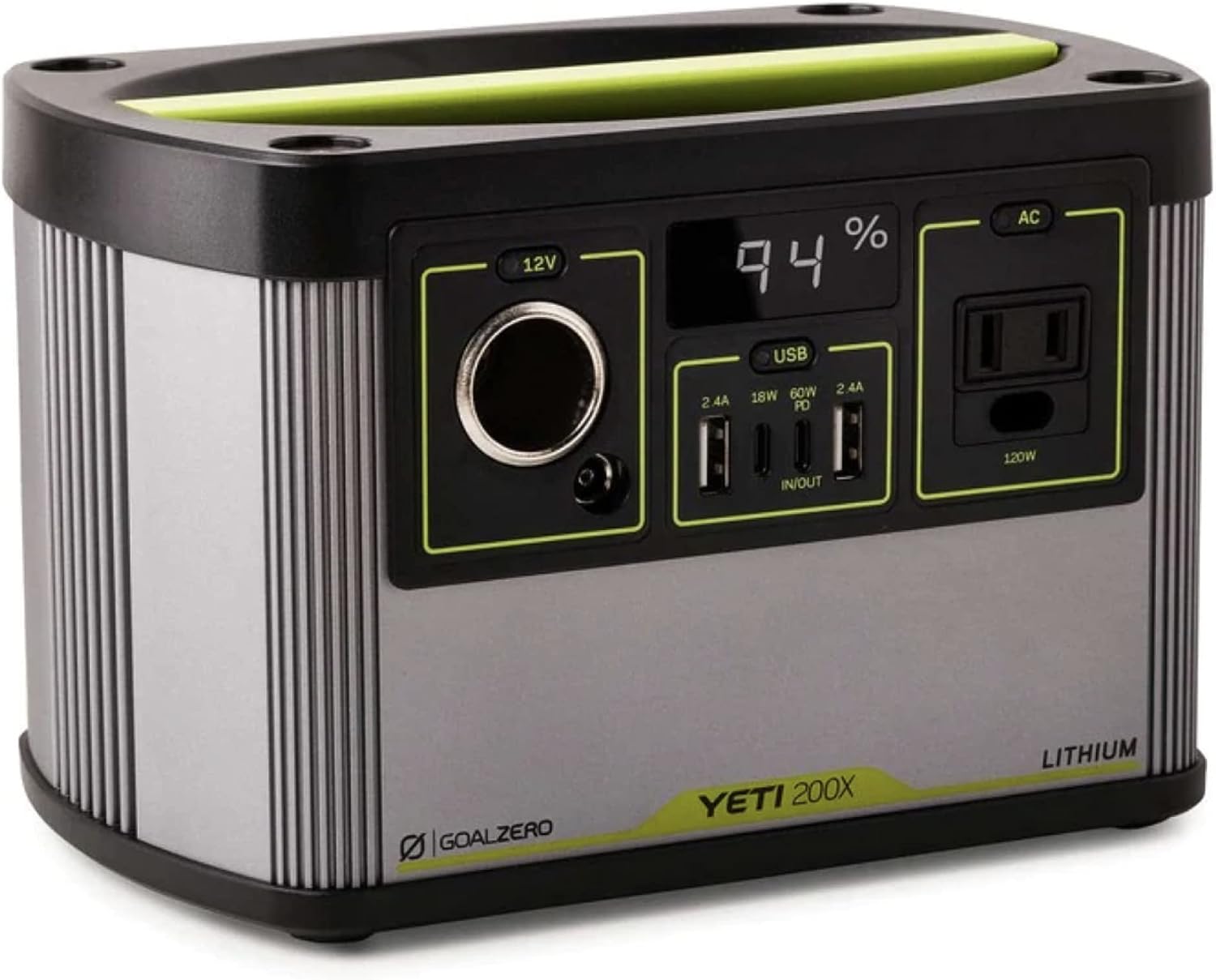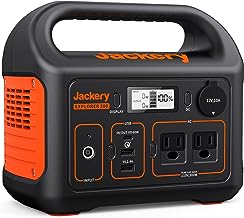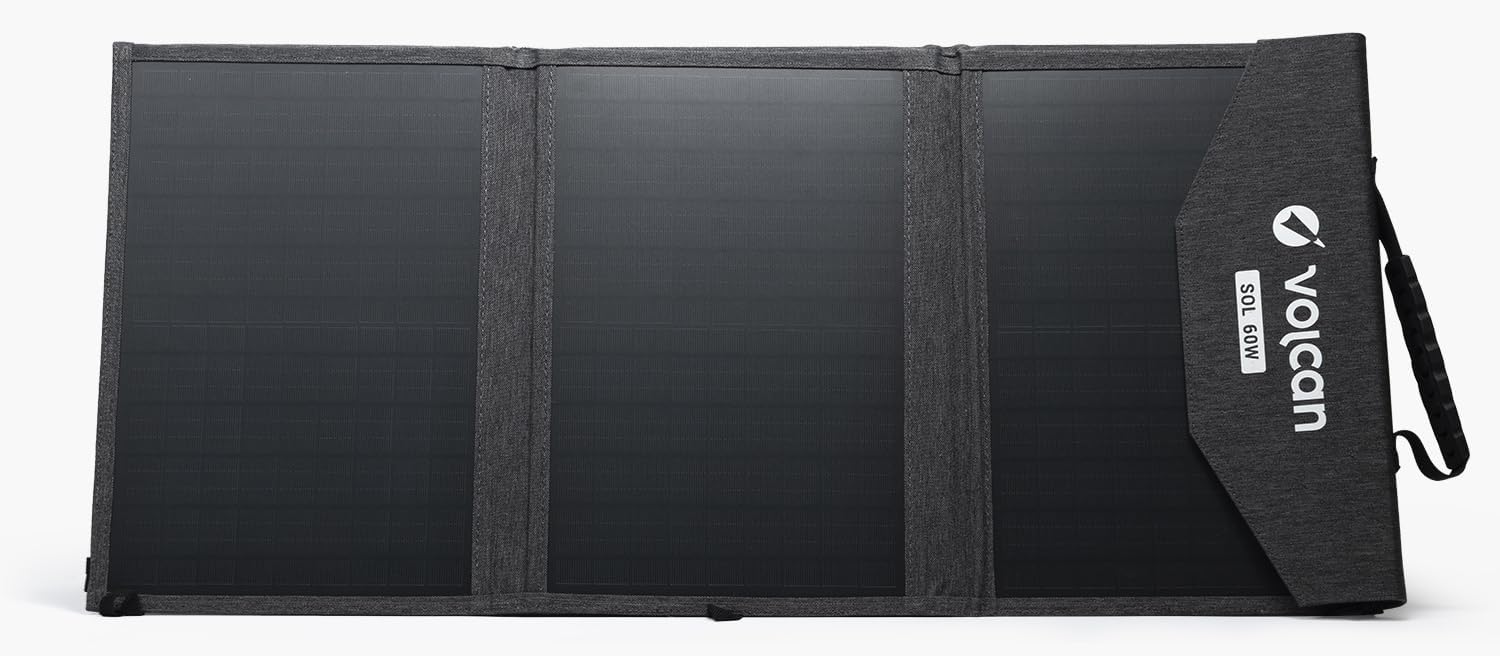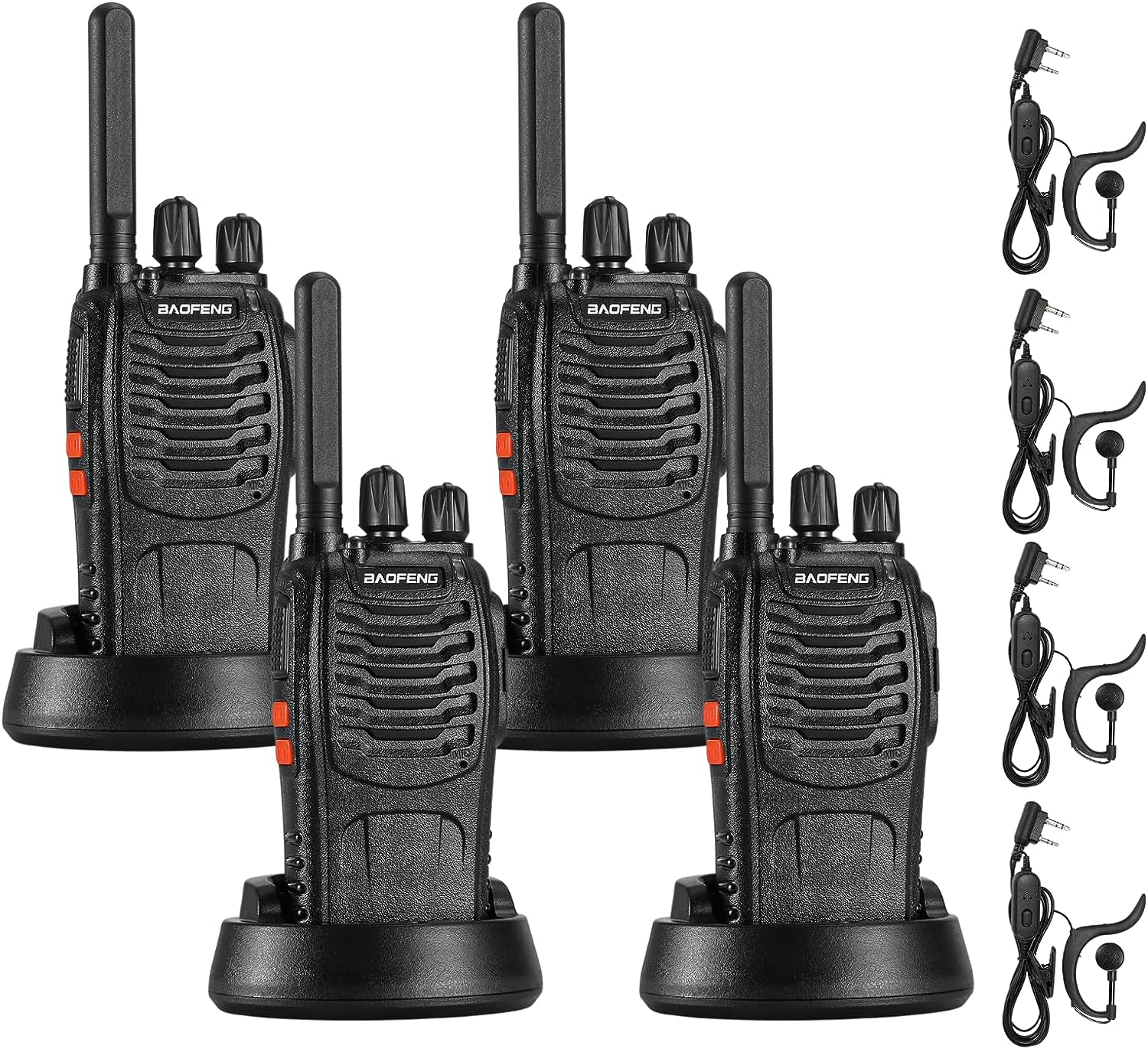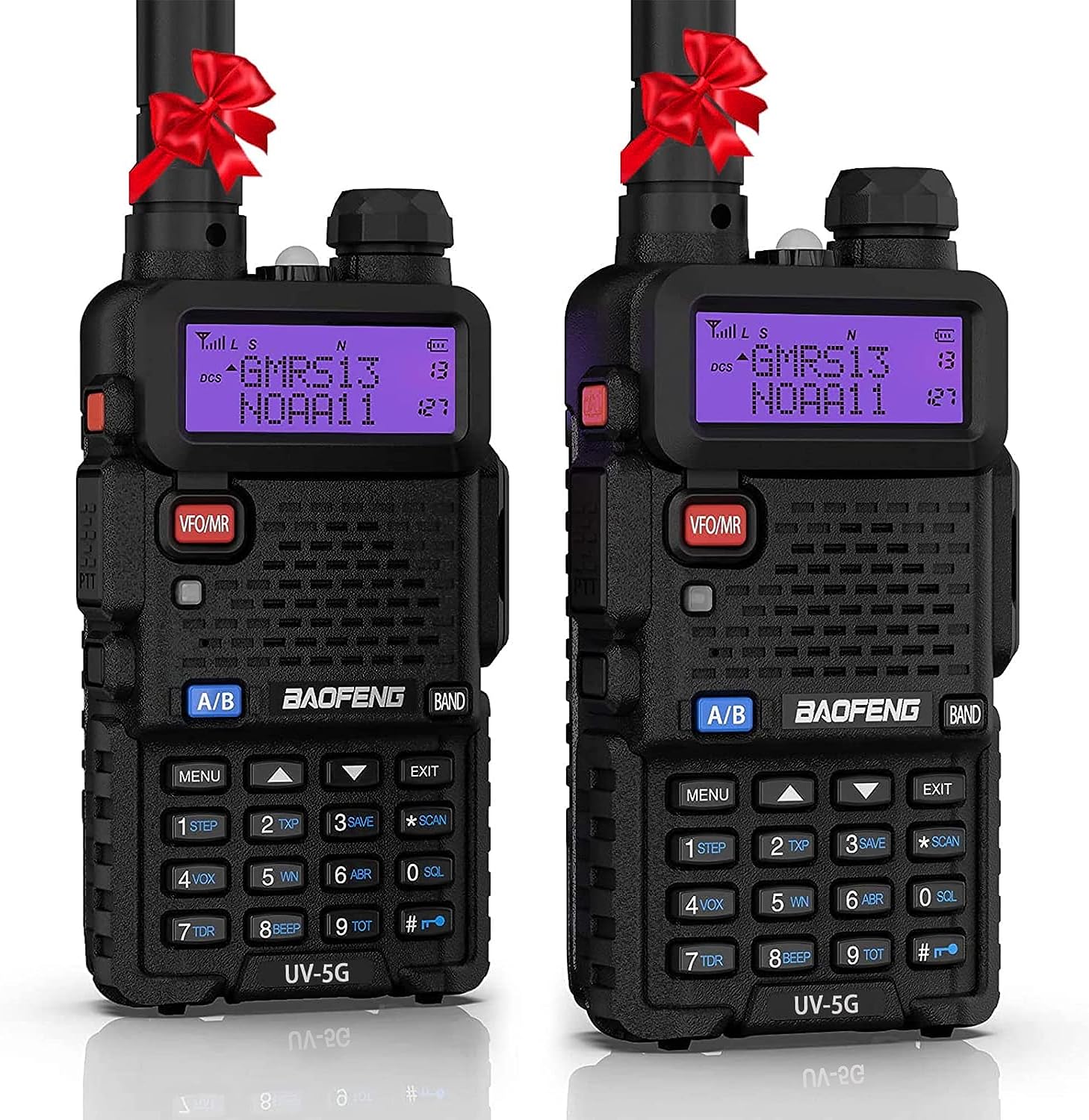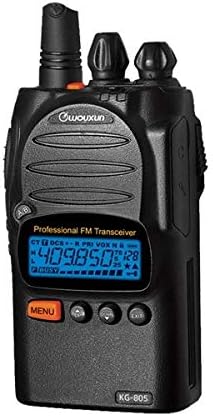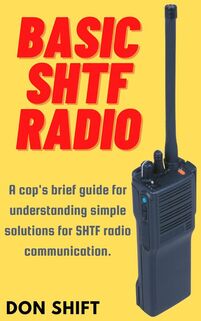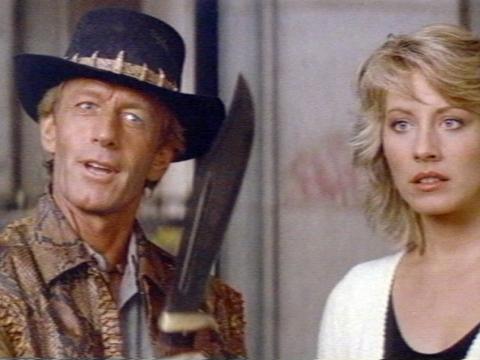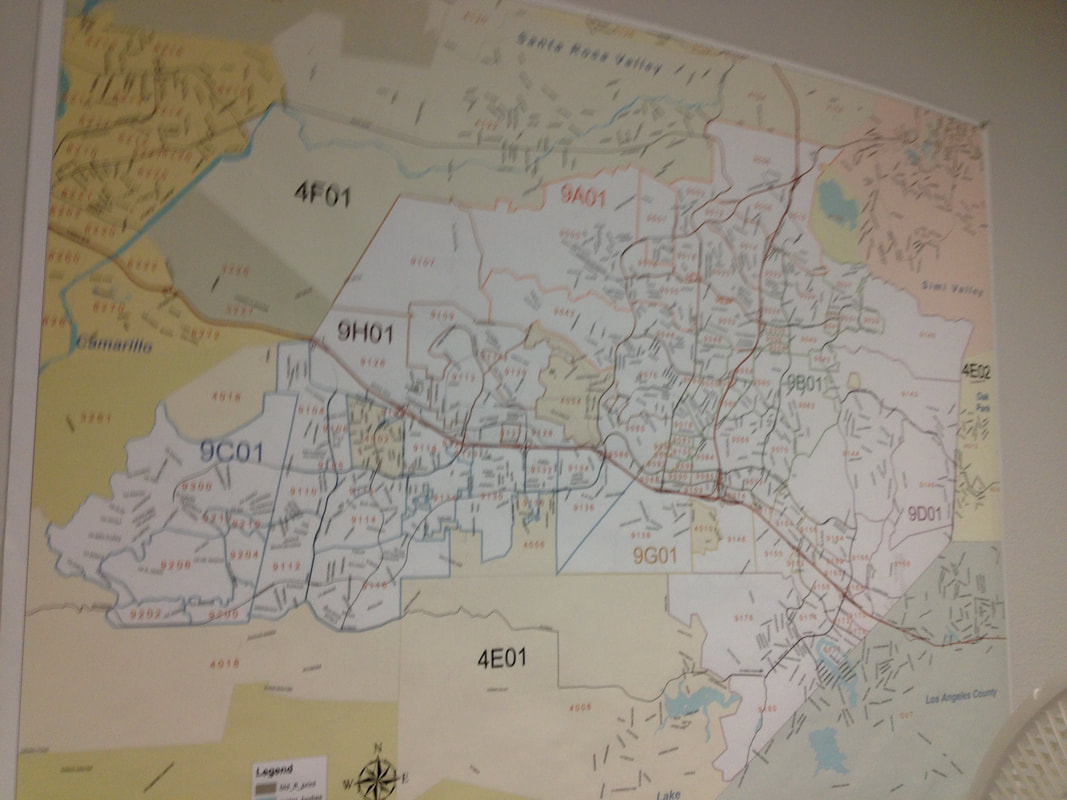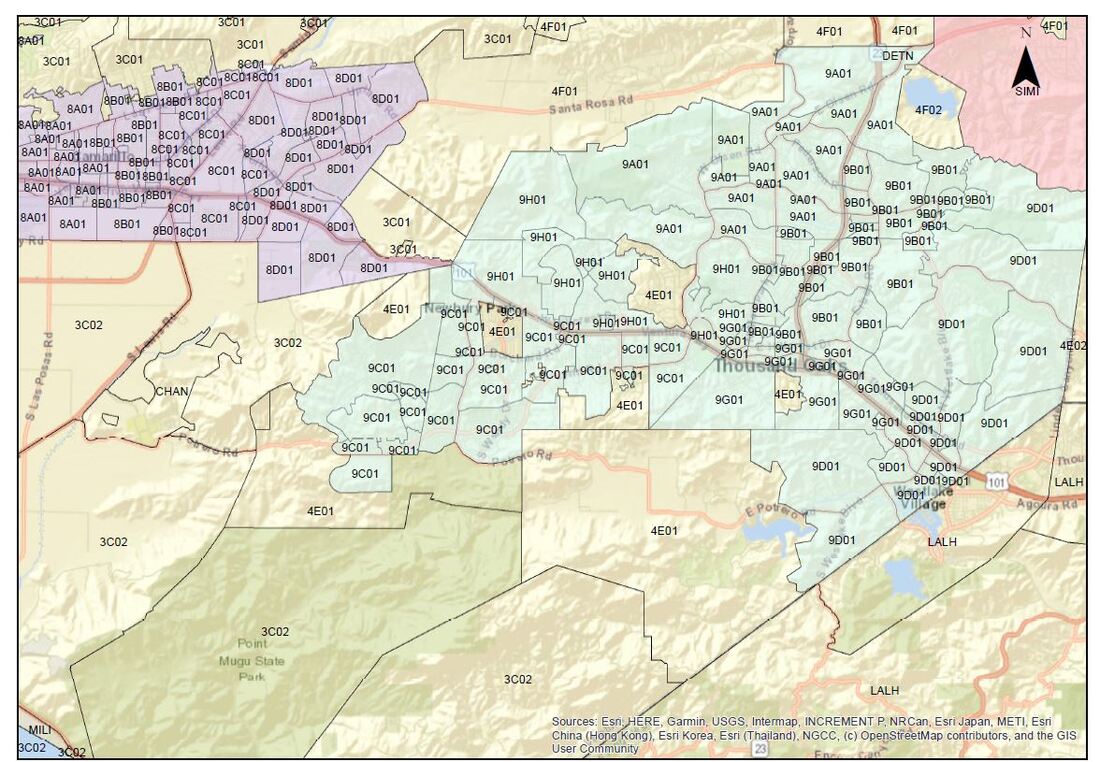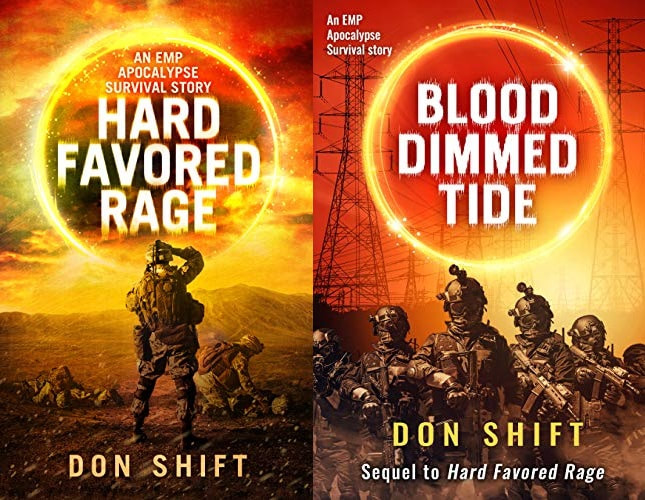|
Any self-respecting peace officer in the state of California now has the moral obligation to ignore concealed weapon violations by peaceable citizens. Beginning January 1, 2024, even licensed concealed carriers are effectively prohibited from carrying everywhere but some streets and sidewalks. Short version: good cops must ignore CCW violations by normal people. After the Bruen SCOTUS decision, the California government decided to say “fuck you” to legal, law-abiding gun owners by crafting a law that basically made everywhere illegal to carry a firearm even with a permit. SB 2, as the bill is called, is just the latest law in Bruen revenge bills meant to nullify the shall-issue requirement that the decision required. Some major dick moves were pulled by the “justice” system: An injunction against the law was placed before Christmas; of course the CA DOJ challenged it. Then a bunch of pro-gun lawyers were required to work on Christmas drafting a response, only to have the 9th Circuit judges summarily stay the injunction, putting the law back into place. If anyone is surprised, don’t be. The 9th Circuit continually plays partisan politics without any concern for how obvious their partisanship and bias is. But forget that; we know the California politicians and liberal justices are tyrants. So how does this affect the average concealed carrier? There is no unlicensed carry, so you need a permit. Aside from some unusual places that most people don’t go, guns were formerly off-limits at basically just schools and government buildings with metal detectors (by law and by practical application). Sure, there were other terms and conditions, but little in the way of actual law. Again, this affects only those with permits, not criminals and other scumbags, just the people who took the class, the tests, and passed the background checks. What this law does is like saying “Sure, anyone can get a driver license or own a car, but you can only drive your car on the racetrack.” Not “It’s illegal to drive without a license,” or “It’s illegal to drive drunk,” nor “No driving on crowded sidewalks.” Just “You can drive everywhere but the public roads.” Here's what’s off-limits:
Think this is “tolerable”? Often the parking lots are illegal to carry in, meaning the gun has to be already unloaded and locked in a container before you get there. The last one is the most insidious of all. Unless businesses specifically opt-in by posting the opposite of “no guns” signs, literal “concealed carry is ok” signs, it’s illegal. A CCW permit has been made functionally useless by this law. It’s a literal “fuck you,” as in the sponsor and the whole tyrannical regime said “Okay, we have to let you have your carry permits now. Well fuck you, we’ll make it so they’re worthless.” The funny part? This law only applies to permittees; if you’re carrying without a permit it’s just a misdemeanor CCW violation now. So why should cops ignore this? Your arrests will be meaningless. A simple violation of this law (gun where the law says there shouldn’t be one) is a victimless crime. Since this law will ultimately be overturned, it’s likely any convictions would be overturned. No one is hurt by this law, except peaceable citizens, and nothing but an arrest stat with a lot of paperwork will come from it. No one will be protected by this law. Let’s face it, if a gun shouldn’t be there, like the secure area of the airport, or a courthouse (arguable), it will be detected. If there isn’t a way to screen everyone and there isn’t armed security present, people should be allowed to defend themselves. This law only targets people who have licenses to carry, so it would be a like arresting people with driver licenses for violating a law that said “no driving on Sunday.” It only targets licensed concealed carriers. Read the law: it applies only to people with LTCs. The same people who took the tests, went to the classes, paid the fees, and passed the background checks. This specifically doesn’t apply to criminals, felons, prohibited persons, or normal people carrying without a license. The law is tyrannical. Remember, this bill is revenge for the Supreme Court affirming the right to armed self-defense; thus, states had to become “shall issue” for CCW permits. California said “fuck that” and wrote this bill so that the permits would be meaningless. Then the courts said “We’re openly biased and partisan and we know that it’ll take forever for the plaintiffs to challenge this to SCOTUS and get a favorable ruling, so fuck you.” Don’t play the state’s tyrannical games. Also, California has made it so agonizingly difficult to get a CCW with unnecessary hoops that it is hard, expensive, and discouraging to get a permit. That is part of the process to keep people from getting permits. None of that process stops criminals. It can also take months to over a year just to get an appointment. Plenty of normal, otherwise law abiding people who don’t cause trouble (i.e. peaceable) are carrying without a permit. You know as a cop that California no longer cares about crime and punishment. From AB 109 from having to inform your traffic stopees why you pulled them over it’s about leftist bullshit, not safety. You have no obligation to enforce tyrannical laws, only to keep the public safe. You don’t keep the public safe by disarming normal people. So, if you come across someone with a CCW, think really hard before giving a shit. If they’re a prohibited person or up to some nefarious stuff, of course do your job. But if you stop a guy who comes back clear for speeding and he’s got a pistol behind his waistband, let him slide. Don’t discuss it, don’t get it on body cam, and try to avoid patting him down. Don’t make problems for yourself. If you are California peace officer and you care about the Second Amendment, you will ignore SB 2 but also any armed, peaceable citizen with a gun, whether they have a permit to carry or not. This isn’t about following the laws, it’s about letting citizens protect themselves and ignoring blatantly tyrannical, authoritarian laws contrary to American values. Memes stolen shamelessly from a friends' website.
VC Star: Santa Paula police in crisis mode as Ventura County Sheriff's Office hires away 10 officers
Santa Paula PD is primed for a sheriff’s department office takeover. For years, the sheriff has been making proposals for the city to contract with the county. Years ago, the old car-to-car channel, Ch. 4, was moved to Ch. 5, to create Ch. 4 as the “North” county frequency. The idea was that Fillmore and Ojai could be broken off Ch. 1 “West County” radio since no one could ever hear them except locally. Ojai is in a valley surrounded by mountains/foothills and Fillmore is deep inside the Santa Clara Valley, well away from the other cities. Over a decade ago, everything went to all repeater traffic so the need for topographical accommodations to the radio network is smaller, but with the increase in traffic adding a new channel will help alleviate heavy radio traffic. Locals will know that East County has been on Ch. 3 for ages. So radio-wise, the channel is already there. In fact, this was intentionally done with the understanding that Santa Paula would eventually contract with the sheriff, though the chances circa 200_ seemed a lot greater than they turned out to be in the intervening years. The new radio plan would look like: Ch. 1 West County: Camarillo, David (Ventura/HQ) Station Ch. 3 East County: Thousand Oaks, Moorpark Ch. 4 North County: Ojai, Fillmore, Santa Paula Fun fact: In the pre-all repeater days, I used to talk to one of my partners when he was working Fillmore by switching to (IIRC) Ch. 15 and using a simplex repeater on South Mountain. Then we upgraded to new radios all around and got a countywide repeater system, so everyone could hear everyone. I don’t like SPPD and I don’t think departments that small should exist. SPPD doesn’t have a great reputation among local law enforcement and small agencies are mostly mediocre, as I’ve seen. But that’s neither here nor there and not the purpose of this post. No, the city council will have to stem the bleeding by paying officers what they’re worth, suffer substandard service, or contract with the sheriff. So far, local civic pride has been a factor and I’d imagine that right now it’s the only thing keeping Santa Paula separate agency. When we think of catastrophic human events, it’s not often that we imagine they can happen in our own backyard. Despite being the author of books that literally prepare for a defense against civil unrest, I couldn’t imagine my native Ventura County, California, becoming the site of a high-profile incident.
On Sunday November 5, in the Los Angeles suburb of Thousand Oaks, a Jewish pro-Israel protestor was involved in an altercation of some sort with a pro-Palestinian protestor. The Jewish man somehow fell and struck his head; whether he just fell or was struck/pushed is a matter for the courts. This event has ignited local and national controversy over the current crisis in the Middle East and could serve as the igniting event of domestic unrest. The victim’s memorial service was held at Temple Etz Chaim at Janss Rd. and the 23 freeway without incident. A suspect has been arrested on involuntary manslaughter charges, which might prove to be a catalyst for troublemaking. So far, the suspect has been cooperative but it isn’t him that the public should be worried about. Rather, it is outside agitators and terrorists that might exploit the situation for their own purposes. Yes, “T. O.” is on the fringes of the Los Angeles metro as one of its suburbs, but the city is quite different from LA. It is a purple, predominately white, upper middle class city that has consistently been one of the safest large cities in America. The chances of some major social controversy erupting here seemed small, yet it happened. For those anti-California supremacists out there, I remind you that the people of Charlottesville, VA, or Kenosha, WI, never expected their towns would turn into the center of major civil unrest. Any protests would likely be using the actual incident as an excuse to engage in civil disorder. We saw in 2020 the “causes” be supposed racism against blacks, George Floyd, and police brutality. In 2023, we are seeing protests and unrest over American support for Israel in the wake of the Hamas attack. It is possible that anti-Semitism wrapped up as “support for Palestinians” as a rallying cry. The incident and any prosecution would simply be a MacGuffin for protest. Those concerned about emergencies or civil unrest (SHTF) need to do an area study of their location. I’ll leave it to Mike Shelby of Gray Zone Activity (and Forward Observer) to tell you how to do an area study, but I’d like to examine some important angles of intelligence preparedness. I’m going to skip over a lot of stuff, but where are the physical locations that are likely to experience unrest of some form should this explode into 2020-style unrest? A benefit to this being real-world is that you can “follow along” so to speak and pull this all up on the map. In fact, I would encourage you to do so, which will allow you to better wargame your own scenarios where you live. Potential protest locations
Additional points of concern:
The site of the incident as a subsequent protest location should be fairly obvious. As Sheriff Jim Fryhoff said in a press conference, the intersection itself is popular for protests because it is a high-traffic location where two large arterial streets converge near a freeway. It is a natural place to hold demonstrations for sheer visibility. Any significance it has is about being seen or symbolic to the incident. The Government Center (courthouse), where a hearing or trial may be held, along with the fact that the jail (where the suspect is incarcerated) is located in the same complex. The advantage to a protest here is greater open space and symbolism, plus potential juror intimidation. The civic center also serves a similar symbolic purpose and is about two miles from the site of the incident. But this incident happened in Thousand Oaks, 30 miles away! Why would anyone protest in Ventura over a homicide that happened elsewhere over a conflict on the other side of the planet? Well, Ventura is the county seat, where the courthouse is, and most importantly, where the jail is. The suspect will be booked in Ventura and arraigned just across the Government Center campus. Court houses and jails have been the natural foci of protests. As for the sheriff’s station, a loss of legitimacy (or fear) of police can precipitate protests. We’ve seen plenty of examples of police being targeted for protests or overrunning the station. Also, a large protest could paralyze the station would hamper any operations in response to unrest. Freeway on/off-ramps are points of concern because protestors seeking to cause disruption have frequently walked on to the freeways to disrupt traffic. Looting targets include the auto mall and the large, indoor Oaks Mall. There are also many strip and outdoors malls proximate to the incident location as well that could be targeted by roving rioters/looters. Additionally, should law enforcement in the area be overwhelmed with responding to a protest/riot, this would make homes and businesses all over the city vulnerable. The number of participants in the main focus of events (riot/protest) wouldn’t be enough to create a citywide threat, nor would the local population pose much risk of riot, but LA is not far away. Looting-prone riff-raff and organized criminals might come up to exploit the situation. This is the situation that happened in 2020 where areas with riots became looting magnets that pulled in opportunists from all over the surrounding areas. However, there are only two freeway access points into Ventura County from Los Angeles County and those are easily closed. With more manpower, the smaller roads that provide access can be closed, deterring most criminals who would have to be local or make a very wide detour. With houses of worship and any other targets, the neighborhoods nearby could become targets. The North Ranch, Westlake Village, and TO Blvd.-adjacent neighborhoods could face spillover looting, vandalism, harassment, and perhaps even direct attack on homeowners. At the very minimum, there would be major traffic disruption, noise, and security concerns. Furthermore, given the hilly and brushy/wooded topography of the city, unintentional ignitions and arson make brushfires a concern as well. To conclude, again it is not to say that anything will necessarily happen in Ventura County, but it certainly can. If not here, then it will happen in another community in the US for other reasons. Even if this only becomes my personal case study rather than international headlines, the principals can be and should be applied to where you live. It might not be rioting, but it could be looting or something else. Use your imagination and start thinking about what around you might serve as the focal point for events in a human disaster. About the author: Don Shift is a veteran of the Ventura County Sheriff's Office and author of the Suburban Defense/Rural Home Defense series, a cop's guides to surviving riots, civil war, or SHTF. So what do you do when a high-profile event with the potential to grow into a social conflagration happens in your small town? We’re seeing Jerusalem becoming a burdensome stone in cities all over the world. Though the current crisis du jour is Israel, in 2020 it was a drug addict, and in 2024 it’s likely to be WWIII and the election. Industrial-grade civil unrest can come to you.
Thousand Oaks, California, is on the far western fringe of the urban sprawl that makes up the Los Angeles Metro area. I grew up in that city and helped police it. It is as white-bread boring as it gets, the epitome of middle class. The only major criminal events of note were the Borderline shooting in 2018 and actress Amanda Bynes’ schizophrenic freak out. That was until this weekend when a Jewish man somehow fell and struck his head on the pavement—it’s unclear if he was struck, pushed, or fell exactly, but it’s being called a homicide. The background is a pro-Palestinian protest was happening on the corner of Westlake and Thousand Oaks Boulevards. The Jewish victim came into contact with the Palestinian protestors and the events resulting in his death a day later ensued. Now my hometown and agency is national news. The victim, quite frankly, fucked around and found out. That doesn't mean he should have been assaulted and die as a result, but basic personal security common sense dictates you don't get involved with opposing protesters. Doubly so if you are a Jew and they are protesting against Israel. Protesting was a risky thing and the victim never should have gone near the others. The victim, Paul Kessler, I'm guessing assumed that he would be perfectly fine. Ventura County, after all, is a pretty chill place. He likely went in with a normalcy bias where he thought the worst that could happen was probably some yelling. I'm sure the suspect didn't intend to kill anyone either, but here we are. Doing stupid things in stupid places is a recipe for disaster, even if you've lived for decades in literally one of the safest cities in the country. As for the exact events, those don’t matter for my readers. In times of turmoil, that an Archduke got assassinated does not matter when the troops begin to march. The odds of this event spiraling out of control until Thousand Oaks and the West Valley are in flames are not great. What is a possibility is that a pro-Israel rally or victim’s memorial is targeted by violent agitators and this leads to a violent confrontation. We saw how “peaceful protests” were coopted and spread beyond the initial goals of counter-protest or disrupting the original event. Where the reader needs to be concerned is if something like this were to happen in their area. Not every reader lives in a tiny town miles from anything. What are the local catalysts that could lead to something like this in your backyard? For instance, the western San Fernando Valley and its outlying areas, like Thousand Oaks, have a relatively high population of Jews. International immigration in the LA area has also brought in many groups from the Middle East. An area study would tell you things like the above. Perhaps in your case it might be radical activity on the commuter campus of the local state university in your county seat. What if militant environmentalists get wind of the big pipeline or other megaproject being built in your neck of the woods? “Stop Cop City” in Georgia or the Keystone XL pipeline are other examples. Again, what the spark happens to be is less important than the after effects. For instance, let’s say that there is a pro-Israel protest at the Government Center in the county seat of Ventura. Deputies and the city police are called to mediate. However, counter-protestors show up and small confrontations, like as happened on Sunday, begin. Police mediate and keep things in control. Unfortunately, agitators show up and begin engaging the police, before harassing the crowd and vandalizing nearby property. It could end here with a skirmish or the police response could generate further controversy among the Far Left, creating an anti-police insurrection in a SoCal suburb. That’s what you need to be prepared for. While it’s impossible to predict flashpoints (who woulda thought an old man falling down—grossly oversimplified, I know—would move the Arab-Israeli conflict to Thousand Oaks and put the city in the national news), the follow-on effects have to be planned for. The second order effect here is potentially disruptive protests. Again, we have ample examples of where that could go. While probably nothing will happen on that front locally here because of that, it bears watching. “It” can happen to you in your small town. Now whether it is a Biblical feud, a drug addict becoming a cause célèbre, or a economic collapse leading to rioting, you need to be prepared. Living in a peaceful suburb or in a place where “nothing happens” is no guarantee. Remember, we prepare for contingencies, not certainties. Now plenty of readers will take a dump on this because it happened in “Commiefornia” and in the suburbs of LA, but that doesn’t mean anything of substance. Even red and purple states have had high profile incidents that kicked off. But hey, Texas is trending purple. What I’m saying is this can happen anywhere and it has. As always, since this event has the potential to blow up, I do not speak for VCSO, nor am I taking sides in the matter. Craft breweries like to come up with clever names for their beers. Walk down the aisle of a place like Total Wine and you'll see all kinds of creative titles. A while ago, why not create a list of very un-politically correct but hilarious beer names? As you can see, the AI struggles with text, but has come along very well. You can see I was able to trick the AI to generate some risque images but given the titles and the content filter, I was limited with what I could so. My own editing is very limited. Why Bother?-alcohol freeLight Ice Lite: beer that we distilled the beer out of until it’s just water, caramel color, and 4% alcohol! Tranny Fluid-same as aboveSoy Boy-3.5% lager Heckin’ Me-4.0% Utah-only ale Pißwaßer-American style pale lager Jota Cerveza-Mexican lager Trailer Trash-light beerCat Lady-cider Silicone Bimbo-Blonde Ale Tinkelbräu-American style PilsnerAustrian Corporal-Vienna lagerJust Reich-German style Pilsner Colonel Klink-Hefeweizen Germany’s Back Door-Belgian WhiteI’m Drinking Perfume-IPALong Haired Hippy Freak-West Coast IPATag Team-double IPA 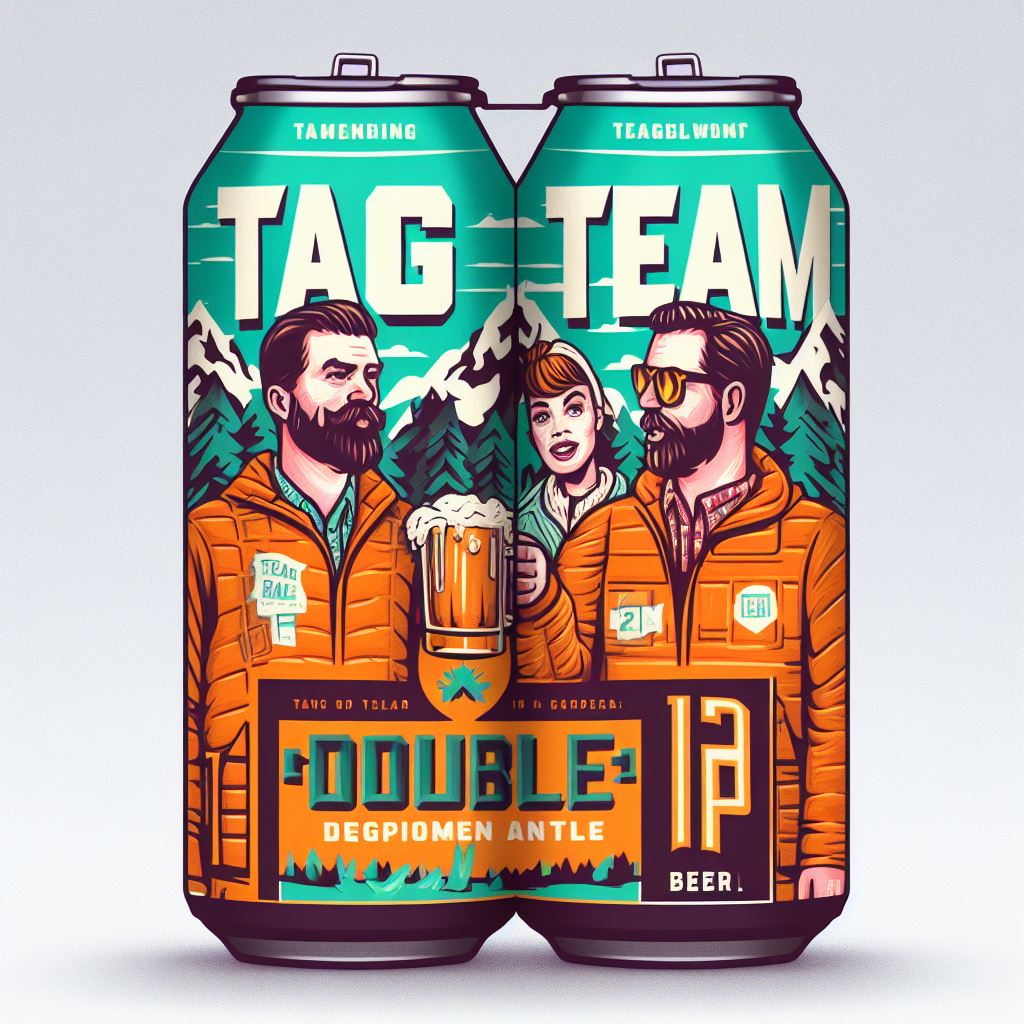 Alternates in odd years with: Spit Roast-double IPAThreesome-10% ABV triple IPA Flat Tire-amber aleHas the Blonde Left Yet?-brown AleFirecrotch-Irish red aleHoly Shit!-stout Chocolate Starfish-porter beerSeasonal beers Titte Mächen-Oktoberfest pale aleYoga Pants-pumpkin spice Belgian WhiteFlannel & Beard-Winter aleSpicy Tears-summer shandy with lemon & chili flavorIf you are a brewery and want to license any names, let me know.
SB 553 legislation page
Short version: this bill requires employer policies that basically discourage a business owner from allowing employees to intervene in thefts, opening up the business to lawsuits from both employees and the criminals. Decent newspaper article about SB 553 California business owners and retail employees are sick of being robbed blind. The Legislature, seeing all the violence involved in these incidents, decides to put the onus on the businesses. Rather than increase penalties to deter crime and punish criminals, the state wants to “make it safer” for employees through workplace safety standards. Many of us had menial jobs like fast food or retail where boring training videos tell you basically to give up the cash if robbed. Makes sense from a liability standpoint and if the state will actually attempt to apprehend and punish the criminals. However, as the state has abrogated that duty SB 553 now wants to minimize bad press of shoplifting turning to robberies by blaming the victims. The bill originally sought to force employers to create plans for non-security guard employees on how shoplifting (theft) confrontations. Such incidents would basically fall under OSHA regulations. This creates a perverse disincentive for businesses allowing employees to intervene; if an employee is assaulted, there is now an avenue of approach for a shady worker’s comp lawyer to sue the employer.
Now I’m not saying that’s what would happen in any case, but shysters will exploit anything to make a buck and businesses are wary of liability like this. So it becomes easier for a retailer to say “Just don’t do anything that could get someone hurt or the company sued.” Employees as a result do nothing, lowering the bar for theft. Combine this with a slow or no police response and prosecutors who don’t press charges and retail theft is basically consequence-free. A major tenant of leftist, progressive policies is blame shifting. Blame the victim rather than the offender. By opening up potential workplace safety violations, the risk of employer liability increases, thus it creates the perverse incentive to require employees to do nothing. If an employer can argue that their training was for their staff to just let it happen, then the employee is responsible for their injuries as they broke store policy. That’s to say nothing of what the criminal’s civil attorney could do. So without legalizing shoplifting, the state seeks to do that through the law of unintended consequences. SB 553 is the camel’s nose under the tent of actually prohibiting things like citizen’s arrest for property crimes. Mark my words: California will probably ban private citizens from arresting retail thieves which will really neuter businesses and de facto legalize shoplifting. Sept. 7 update: The employer or union can seek a TRO on behalf of an employee; essentially banning repeat offenders from the business. As we all know, restraining orders are rather worthless, but hey, I guess CVS can get the crazy bums arrested now if they don’t stay away (assuming the cops care). Last Minute Prepping for Hurricane Hilary (and basic stuff you should have on hand generally)8/17/2023
California will be hit by Hurricane Hilary in all likelihood as a tropical storm. This has not happened to an appreciable degree since the 1930s. Effects from this storm, beyond heavy rainfall, is unclear at this time, but let’s review potential impacts and preparatory measures. Bottom line up front: What’s the danger? Minor inconveniences, like power outages. A tropical storm has sustained wind (not gusts) of at least 39 miles per hour, this puts it in Beaufort Scale 7 High Wind or Near Gale. Whole trees move and the wind is strong enough to make walking difficult. Santa Ana wind gusts at this level causing minor inconveniences. Weak trees and branches may be toppled or knocked down. Loose roofs or shingles may be damaged. Weak doors may be blown open if facing directly into the wind. Debris will be blown around. Aside from power outages, the major damage will probably just be messes. Stepping it up into the likely gust range, Beaufort Scale 9 or Gale, the wind blows at (46 - 53 mph). Trees are much more prone to damage. Weak fences, sheds, and roofing is at much higher risk for damage. Now the major risk to most is power outages due to lines being blown/knocked down. At worst, virtually everyone will have at most three days without power, though most will get it back more quickly than that. Assuming that Hilary does blast SoCal and DWP, SoCal Edison, and PG&E are busy stringing power lines back up, your grocery store will be devoid of batteries on Monday. My suggestion is to go out and buy batteries now. Get rechargeable Eneloop batteries (buy the charger too). They don’t suffer the same problems as old NiCad batteries and by recharging these things you’ll save a ton of money. There is also the obvious application to SHTF preps by not having to store 100lbs of Duracells because your police scanner eats AAs like a fat person in the M&Ms factory. Also get battery charging packs, commonly called power packs or portable phone chargers. These are just batteries with USB attachments that can charge your phone or other small electronics. These are good to have for rechargeable flashlights and other such appliances. Their small size may limit their utility to powering anything that isn’t handheld but their size is beneficial in that it doesn’t take much to charge them. They won’t overtax charging in a car and they work well with small, portable solar panels. For larger items, like big radios, small TVs, or even some appliances like small refrigerated coolers, get the bigger power stations like Goal Zeros. These will need to be charged off the grid or a generator, but having one on standby for things like drunk-drive induced power outages or earthquakes is a great standby. You’ll never get one that can run your chest freezer for a weekend, but they are big enough to run fans, TVs, and surprisingly more appliances than you’d think, if you size correctly. Whatever these portable power stations says they are, they are not “generators.” They do not generate electricity, they store it and release it later. These are battery packs. And you don’t need brand names, just one that’s well reviewed. Many of these power stations can charge off of solar panels (sold by the same manufacturer or using third-party models). I recommend that they be purchased when a generator is bought so that you can get “free” stored energy while the generator is running your fridge, freezer, A/C or whatever. If it’s burning gas already, why not use some of the electrical output to be saved later when you turn it off? These power stations are also good buffers against brownouts or rolling outages. For those who work from home or are doing critical stuff like storm tracking, where you need your computer and monitors (or radio and TV) to stay up constantly, get a UPS. A Uninterrupted Power Supply is a battery and surge protector, basically. It acts as a power supply where the battery is always charged off the mains electricity and your devices are powered off that battery. So, there is never a moment where everything goes dark and the computers have to play “catch up” as they reboot after suddenly shutting off. Usually more critical for avoiding lost work on old desktops, but it may help techie preppers. Remember, if the power goes out so will the Internet in most places. For generators, see this thread on Twitter where I make some recommendations. Californians already can’t get some stuff here, and regulations will make the supply of generators tighter in 2024, then ban them entirely in 2028. Buy your generator now and don’t forget the extra gas cans. 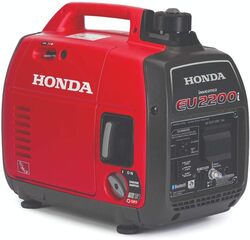 Also buy gas. Fill up your cars early and keep them topped off. Fill up 10-20 gallons of extra gas just in case a refinery goes offline or some other weirdness happens. Buy the gas cans now. I doubt you’ll have any serious gasoline shortage, but having plenty in the garage is better than queuing up at Costco with 1000 of your neighbors. Get propane too (barbecue bombs and 1lb green bottles) if you use that. Communications are important too. Cell phone towers are easily overwhelmed in emergencies. During the 2018 Woosley fire I lived near an evacuation center and there was zero cellular data available due to having so many people in a small area. Reception already sucked midtown too. If stuff gets crazy, it may be hard to make a call or send a text, let alone get information. In fact, after the main Internet cable coming into the county was destroyed/cut during the fire, we had only radio due to the lack of broadcast TV signal reception and the aforementioned cellular data problems. You can get some Baofeng radios and use them in the gray area for FRS/GMRS communications, then keep them for when you get your ham license. Or, you can get some bubble pack FRS radios for short range (like in the neighborhood) comms. GMRS with better antennas can reach out further, like across a small city. I talk about that in my book Basic SHTF Radio, which is for people who have no clue about radio or where to start. Finally, hit the grocery store. Go light on the perishables in case the power goes out, but have a week to two weeks of extra food that’s easy to cook. Have snacks and treats in case things get stressful. Focus on what’s easy to prepare and stores forever, like canned goods. Don’t be like the French toast people who riot over eggs, white bread, and milk. Baofeng 4-pack FRS radios Baofeng 2-pack GRMS radios Frankly, I prefer the Woxun KG-805G as they are easier to use for most people than Baofengs and are only GMRS/FRS, perfect for the family. I replace the antennas on these, but they are great radios that my mutual assistance group uses for GMRS. Remember that FRS/GMRS can talk to each other! Finally, hit the grocery store. Go light on the perishables in case the power goes out, but have a week to two weeks of extra food that’s easy to cook. Have snacks and treats in case things get stressful. Focus on what’s easy to prepare and stores forever, like canned goods. Don’t be like the French toast people who riot over eggs, white bread, and milk.
Food and supplies aren’t really a problem unless you live in an isolated area. Grocery shopping may be annoying but we all survived 2020, right? Well, some of us. But recall the grocery store that collapsed from too much snow on the roof in the mountains outside LA. Similar things might happen with wind or rain. Also, flash flooding may close off isolated areas or even destroy bridges across Interstates and highways in the desert. Should you board up your windows? Probably not, but it depends on your location and the exact Weather Service forecast for winds. Might want to have some plastic sheeting and plywood lying around to patch anything, just in case, although this is probably applicable to only San Diego and Imperial Counties at this time. Areas inland from the coasts 10-20 miles usually don’t get the worst wind from East Coast hurricanes, or so I’m told. So why the danger of death index is low on this story for most Californians, it could result in some annoying inconveniences. Order stuff now, have it shipped for the fastest delivery possible (Prime membership, FTW) or buy it locally. Time is running out. I can highly recommend this book. Practical, useful phrases chosen with the insight from actual police officers/deputies. I actually took two classes from the author when he taught basic Spanish for bilingual certification for the Ventura County Sheriff's Department (as it was back then). Very good teacher, very good book.
A short review is you can basically open this up and read the relevant phrases if you need to, say at a felony stop. So if you need to learn specific law enforcement phrases or want to round out your rudimentary Spanish, get this book. So my buddy/coworker who lives in a seaside Southern California city sees a dude going through unlocked cars in his neighborhood. Buddy calls the guy out. Dude challenges him and flips out a knife.
Well buddy goes "Oh crap, my gun is inside," but does pull his own knife and says "You call that noife?" Kidding, he said "Bring it." Suspect beat feet. Buddy is already dialing 911. Anyhow a captain from craptown PD calls him up and "blah blah blah" next time just be a good witness. Sound advice to avoid a knife fight, right? But on the other hand, he does have a moral responsibility to say something as well as (one could argue) a duty to. Also, my buddy was hoping an officer was in the area (but no, probably dealing with a raving homeless derelict or booking a drug addict into jail for 11550 for the 347th time this week). Other buddy agrees, however, his attitude is...much saltier. Essentially: "Captain, I respect you but you don't know more than me so save your energy and unf--k your state so citizens don't have to step in AND THEN get a lecture about civilians/off-duty dealing with mass low-level crime." I posted on Twitter about the importance of knowing your local police patrol beats. While this is more of a SHTF kinda thing, it's beneficial to know for general scanner monitoring or having an idea of how many cops are covering your area. It's also an excuse to post about Ventura County Sheriff's Office beats, so why not? Most of this information in each state is public information. I pulled this PDF off the public website some years ago. I presume it's still there. If not, a public records request or even a polite email to Crime Analysis can probably get one for you. These beat maps don't change much. Note this applies only to VCSO, but systems are somewhat similar in the local cities. So the beats correspond to patrol call signs. Number (east/west county patrol), Letter (beat), 1 or 2 (shift, 1 is day/2 dawn), number (beat number). So 9A21 would be TO patrol, Adam beat, dawn shift, car #1. 1 Ojai 2 Moorpark 3 West County 4 East County 5 (call signs only) Special Services/detectives/SA 6 Fillmore 7 (call signs only) Custody/Special Services 8 Camarillo 9 Thousand Oaks 10 not used 11 Todd Road transportation VCSO beat maps PDF Support my work, buy my books! These books talk about policing Ventura County.
|
AuthorNote: this an adaptation from my non-fiction book Suburban Warfare: A cop's guide to surviving a civil war, SHTF, or modern urban combat, available on Amazon. Archives
December 2023
|
